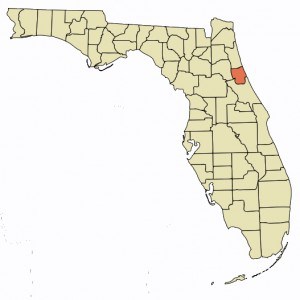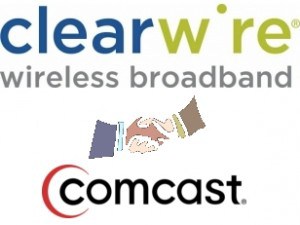Another public-private Wi-Fi initiative has been launched, this one in Flagler Beach, Florida, between the city government and Bright House Networks, the area’s dominant cable operator.
The Wi-Fi network will provide consistent wireless access to the Internet in the downtown business and beach areas, running approximately from Highway 100 (Moody Blvd.) south to 2nd Street and from Highway A1A (Oceanshore Blvd.) west to Flagler Avenue.
City and local tourism officials celebrated the launch of the Metro Wireless Network in Flagler Beach by suggesting it will be a convenience for tourists looking for broadband access.
“It’s also a boost for tourism because promotions that are targeted to bring visitors to the area can tell them that they can connect during their stay in town and don’t have to fish around for access,” said Doug Baxter, president of the Flagler County Chamber of Commerce & Affiliates. “Everybody is stuck to a computer these days. (The free wireless service) is a lure.”
The service is creating some mild controversy in Flagler Beach, where residents have learned “free access” is provided on an unlimited basis only to existing customers of Bright House Networks’ Road Runner broadband service.
Non-subscribers will be granted two hours access per day, but that access is contiguous, not cumulative, meaning the moment one logs into the system, the two hour allowance starts running. Checking your e-mail first thing in the morning assures when you log on later in the day, your free time will have expired and you will be told to purchase additional time.
The price?
1 hour – $1.95
1 day – $4.95
1 week – $14.95
All pay services are also sold in contiguous blocks of time. For example, the one hour access fee expires one hour after paying for the service, even if you did not use the service for an entire hour.
JJ32, commenting on The Daytona Beach News-Journal website:
How exactly is this a boon for the tourism industry when tourists can only use it for two hours, or have to pay for the service? This also isn’t unique. Other money-hungry cable companies (looking at you AT&T) have this in other cities, and it looks like Bright House Networks has now joined this notorious lot. I agree that wireless access in public areas is important, but I am tired of pro-cable company press releases saying how much they’re doing for the community, when in reality they’ve just discovered a new way to rake in revenues.
Some area businesses are also unimpressed.
Carol Fisher, owner of the BeachHouse Beanery, said she isn’t likely to promote the city’s service. That because the coffeehouse’s customers can access the wireless network she’s provided for some time, Fisher said, and there are no hoops and hurdles or fees.
City officials are widely distributing a flier explaining the service in greater detail to residents and visitors.


 Subscribe
Subscribe

